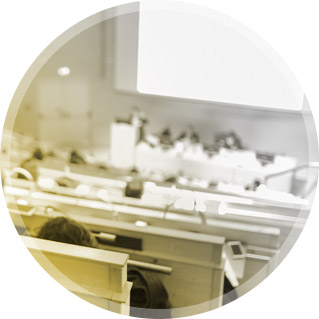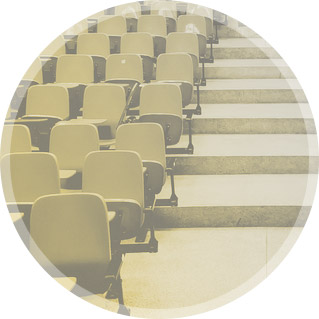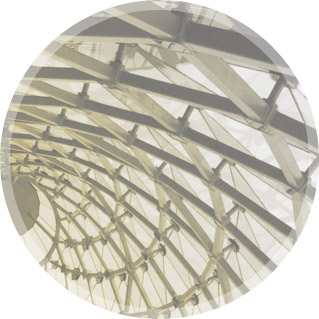Louisiana Tech University
School of Design
The mission of the SOD Architecture program is to provide a comprehensive and uncompromising, balanced and demanding education in the art (poetic expression), craft (technical processes) and practice (professional services) of ethical building through the polytechnic tradition of “hands-on” experiences and empirical learning that prepares an individual to be an architect in the fullest sense of the term.
http://design.latech.edu/
Setting
Louisiana Tech University is a public research institution in Ruston, Louisiana—a small, vibrant college town. The School of Design operates in modern facilities with shared studio spaces, fabrication labs, and digital tools that support hands-on, interdisciplinary learning across Architecture, Interior Design, Graphic Design, and Studio Art.
Students work in a collaborative environment that emphasizes real-world projects, community engagement, and innovation, all within a supportive campus and a close-knit town setting.
School Philosophy
The Architecture program at Louisiana Tech offers a balanced education that integrates craft, critical thinking, digital innovation, and social responsibility. Students engage in hands-on learning through community partnerships, design-build projects, and interdisciplinary collaboration.
The curriculum supports both conceptual exploration and technical skill development, with opportunities to pursue a digital design track focused on tools like computational design and AI. Emphasis on comprehensive and integrative design prepares students to approach complex challenges with creativity, rigor, and ethical awareness.

Programs
Undergraduate Program: the first two years of the architecture curriculum focus on the acquisition of basic artistic and critical skills. We believe that building a vocabulary of formal and spatial imagery, acquiring a repertory of compositional strategies, developing a sensitivity to context, and, most importantly, learning to formulate incisive questions are the foundations of architectural education. As our students advance to the professional concentration of the program, the scale and complexity of architectural problems they encounter increase progressively. Beginning at the third year where our students address community-scale issues, and extending into the fourth year where they concentrate on urban issues, we expect our students to face the contextual complexity, cultural diversity, ethical ambiguities, and increasing technical and pragmatic demands inherent to real-world architectural problems. Through our curriculum, we emphasize that every architectural problem is issue-oriented and that design is a knowledge-based process. Graduate Program: in our graduate program, we invite our students to define their own, individual degree design projects. We expect degree design projects to not only demonstrate technical and professional competence, but also to exhibit an ethic, a social conscience, and the personal conviction necessary to make a difference in our physical environments.

of Focus
1. Art & Design
2. Digital Fabrication & Technology
3. Materials and Construction
4. Community Design
5. Design/Build
6. Interior Design
7. Digital Design & Visualization
8. Sustainability & High-Performance Built Environments

Opportunities

Facilities

Policies
Transfer Policies
Undergraduate transfer requires transcripts, minimum coursework & GPA, and allows up to 68 credits from two-year schools, with residency requirements.
Graduate M.Arch candidates may transfer a maximum of 6 credit hours—but only with grades of B or better.



